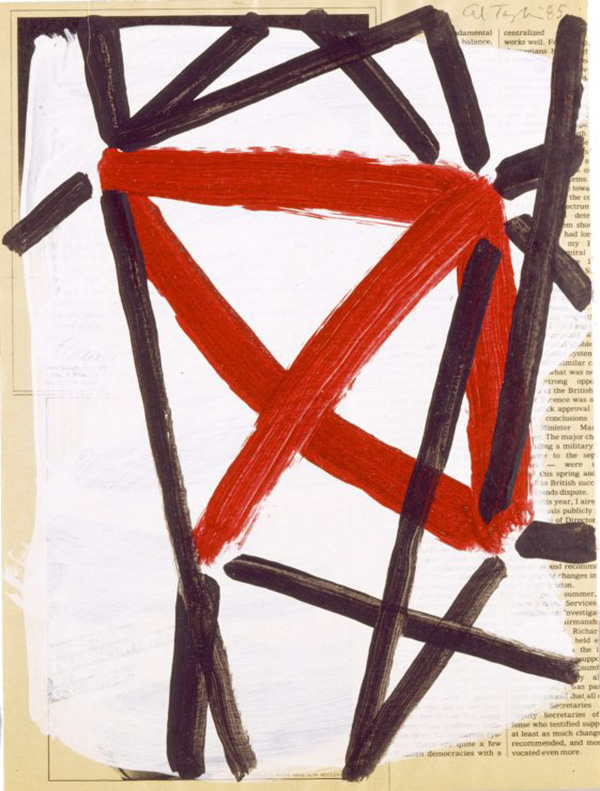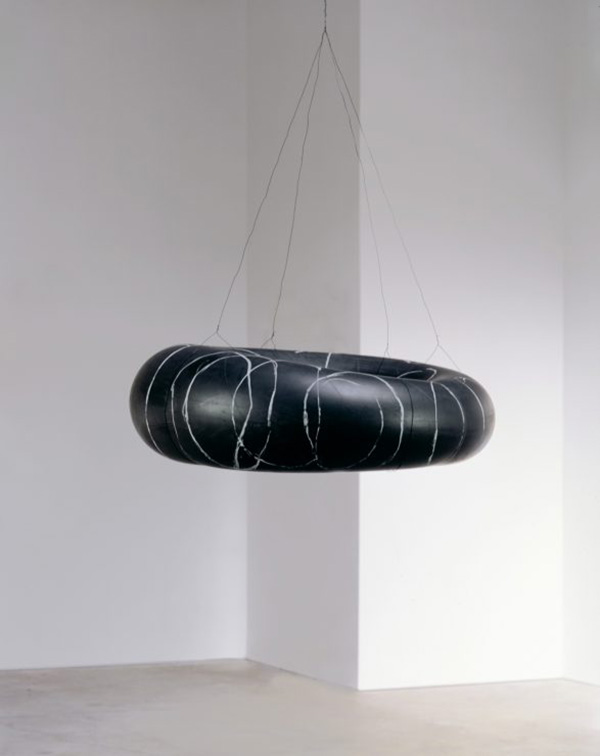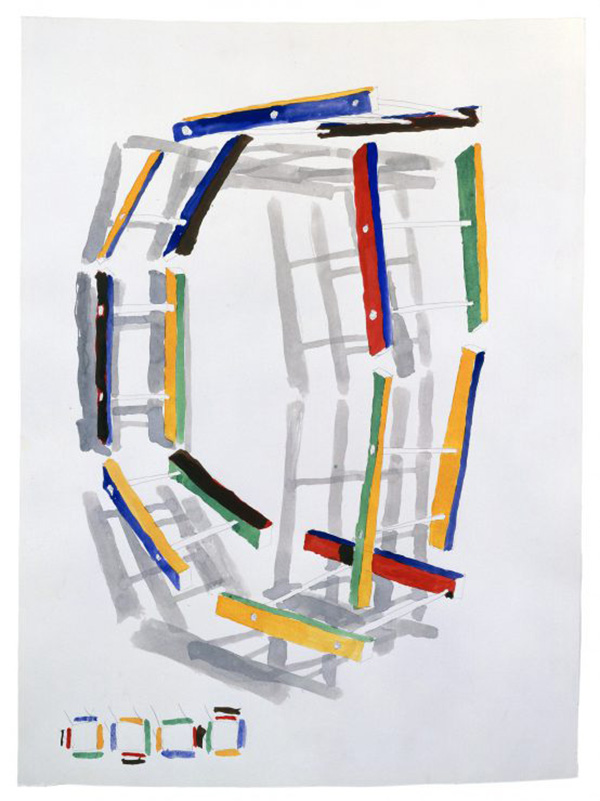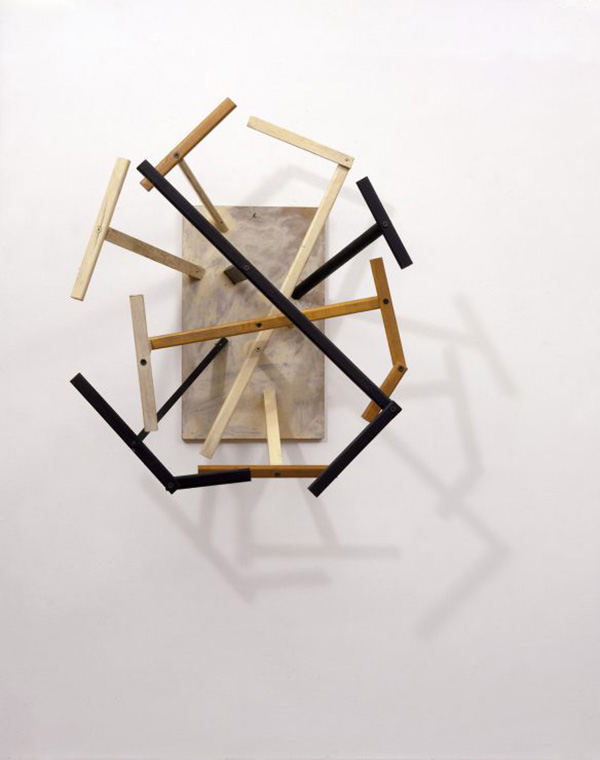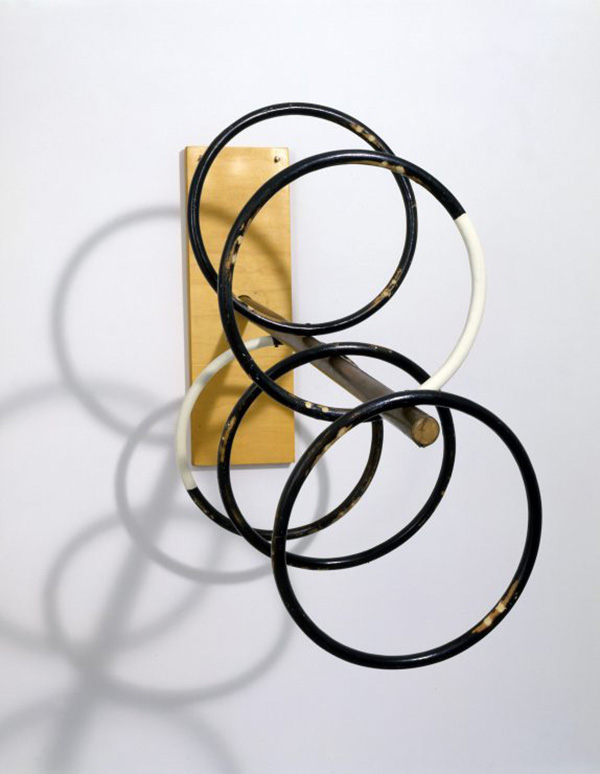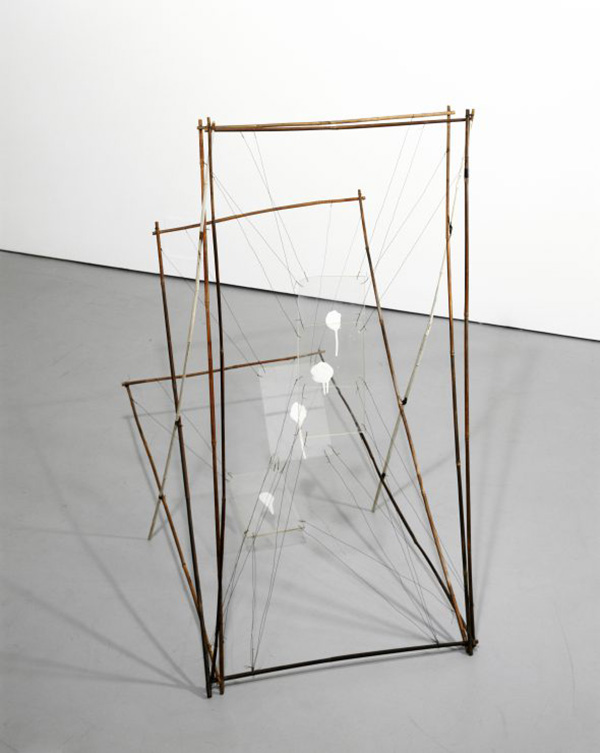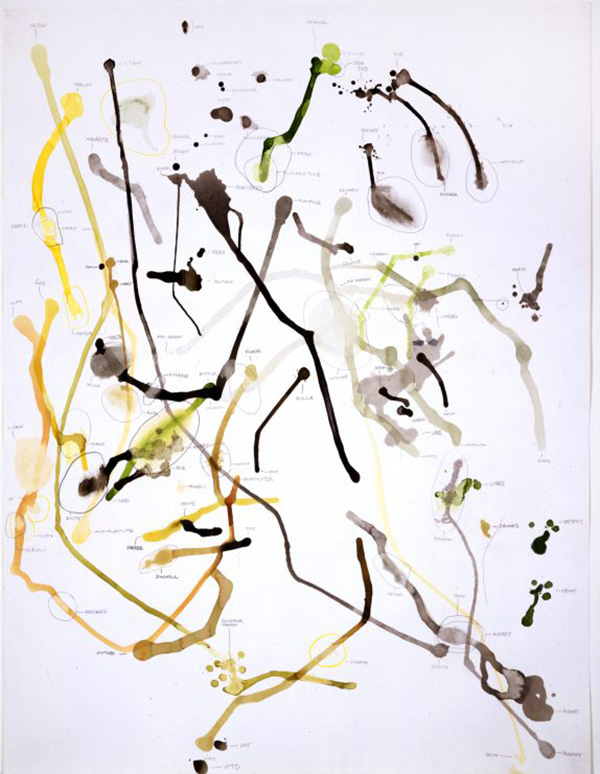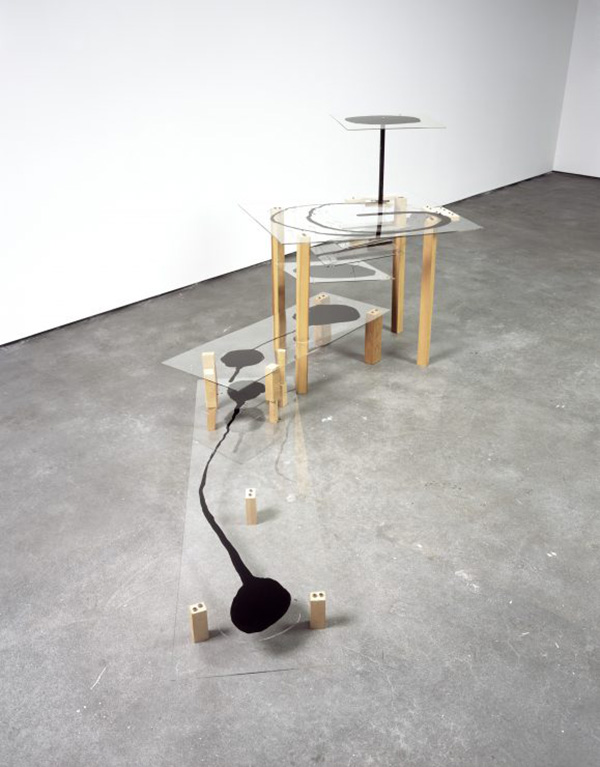ART CITIES:Atlanta-Al Taylor
 Al Taylor is known for his uniquely innovative approach to process and materials that encompassed two-dimensional drawings and three-dimensional objects. Taylor ultimately sought to expand the possibilities of vision by creating new ways of experiencing and imagining space and his work provides the viewer with an insight into the artist’s thinking and his investigations of perception across several dimensions.
Al Taylor is known for his uniquely innovative approach to process and materials that encompassed two-dimensional drawings and three-dimensional objects. Taylor ultimately sought to expand the possibilities of vision by creating new ways of experiencing and imagining space and his work provides the viewer with an insight into the artist’s thinking and his investigations of perception across several dimensions.
By Efi Michalarou
Photo: The High Museum of Art Archive
With works drawn from Public Collections and Private Collections, “What Are You Looking At?”, the first museum survey in the U.S.A. to explore the career of Al Taylor, features 150 sculptures, drawings, and prints spanning from 1981 to the end of the his life. The exhibition features works from Taylor’s series “Wheel Studies” (1981–85), “Latin Studies” (1984–85), “Pet Stains and Puddles” (1989–92), “Pass the Peas” (1991), “X-Ray Tube” (1995), “Full Gospel Neckless” (1997) and “Bondage Duck” (1998–99), among others. In the body of work “Pass the Peas”, using tubular materials, such as hula hoops, rubber garden hose, and plastic-coated cable, he created three-dimensional spirals and coils, interlocking loops, and dissected circles that were mounted on the wall, left freestanding, or hung by wires from the ceiling to activate changing perspectives. Recycled plastic bottle cap rings, which the artist affixed at random intervals, were meticulously oriented to balance the tubing and appear to follow the trajectories of the spiraled forms,t as if they are acrobatic “peas” propelled by gravity, traveling at different velocities along a track. In “Pet Stains and Puddles” series, the artist used his observations of everyday street puddles and pavement stains as a jumping-off point to explore states of liquidity altered by the passage of time. To construct the three-dimensional works he collectively titled “Pet Stain Removal Devices”, Taylor utilized Plexiglas as a painting surface (conjoined in tiers on wood blocks or suspended from wires), which allowed him to play with the space occupied by the constructions and focus on the illusionary fracturing or spreading of opaque paint seen through the transparent planes. By providing multiple vantage points, the trails of paint applied to each plane sometimes appear to be continuous, and at other times, broken. “Black Piece (for Etienné-Jules Marey)” (1990), reflects the artist’s fascination with the sequential steps involved in a single movement, unseen by the naked eye, but revealed in the time-lapse photography of Marey, the French physiologist who invented a method of producing a series of successive images of a moving body on the same negative in the late nineteenth century. Also reflected in this group of works is Taylor’s acknowledged interest In the “Full Gospel Neckless” series, Taylor configured circles within circles by stringing multiple PE and PVC pipes on circulating rings of cable that seem to track time as they travel through and sometimes over the tubes. The perception of linked movement conjured by his use of wire as both support and fluid drawing lines contradicts the static nature of the plastic pipes.
Info: The High Museum of Art, 1280 Peachtree Street, N.E., Atlanta, Duration: 17/11/17-18/3/18, Days & Hours: Tue-Sat 10:00-17:00, Sun 12:00-17:00, www.high.org
